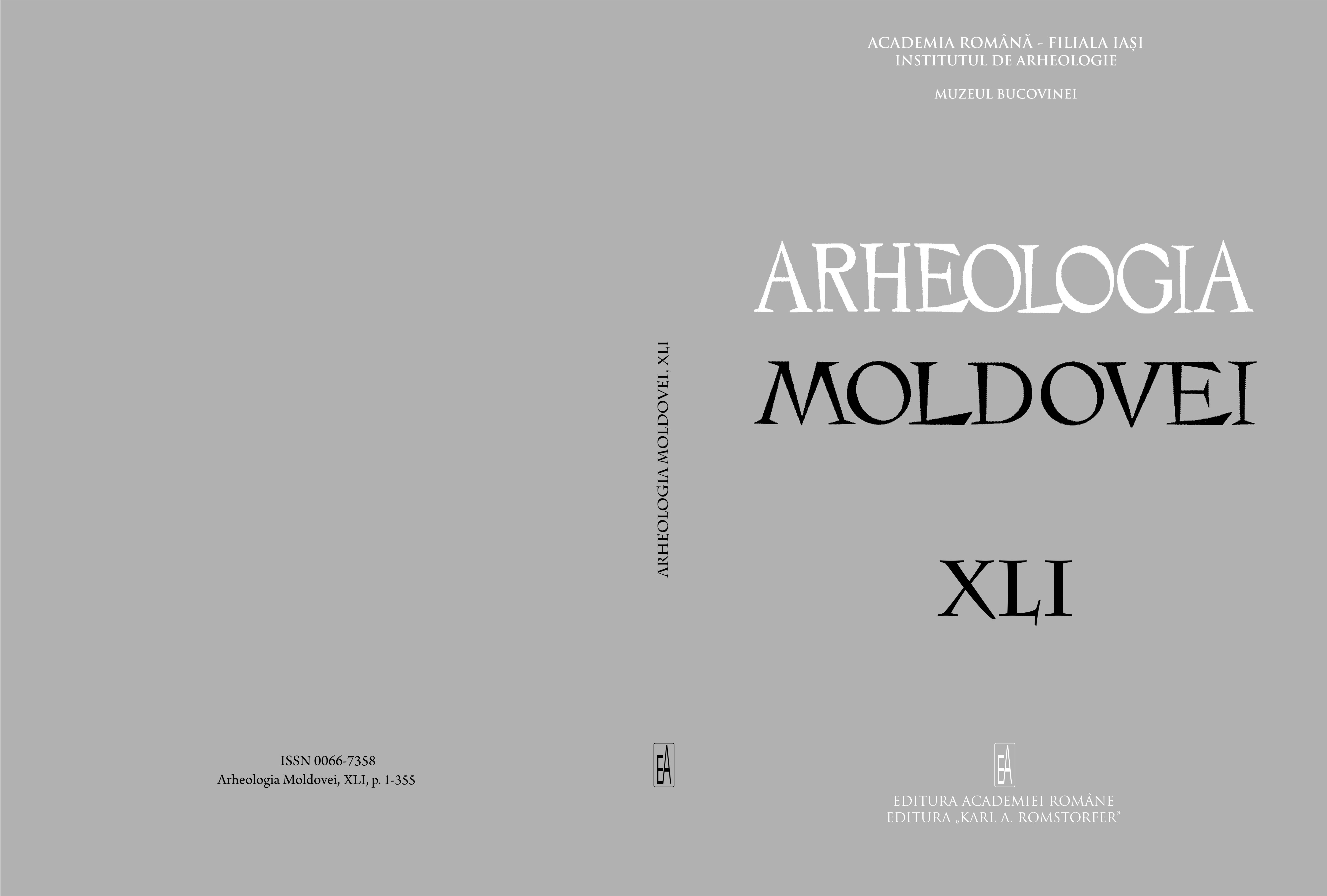Rom. Baniţă (‘vas de lemn folosit ca măsură pentru cereale’) și legăturile sale cu familia lexicală a rom. Ban (‘titlu feudal’)
Romanian baniţă (‘a wooden vessel used as measure for grain’) and its connections with the lexical family of Romanian ban (‘feudal title’)
Author(s): Adrian PoruciucSubject(s): History, Cultural history, Applied Linguistics, Comparative history, Ethnohistory, Ancient World, Philology
Published by: Editura Academiei Române
Keywords: Romanian “baniţă”; Romanian “ban”; etymology; Slavic words; Old Germanic;
Summary/Abstract: The first part of this article contains the author’s objections to the mainstream etymological opinions according to which Romanian (Rm.) baniţă was borrowed from Slavic, the putative source-word being a Slavic *banica. The latter has been presented as a suffixed diminutive from Slavic banja ‘bath (tub)’, in its turn borrowed from Vulgar Latin (*bannea < Lat. balnea). In fact such an etymological interpretation is debilitated by a numberof confusions and conflations. Therefore, this author propounds a connection between baniţă and ban ‘local authority’ (later ‘feudal title’), whose Old Germanic origin has already been demonstrated. In such a case baniţă would appear to have designated a standard measure for grain that dates from the period during which Germanic elites imposed tributal systems on non-Germanic populations of Eastern and Southeastern Europe.
Journal: Arheologia Moldovei
- Issue Year: 41/2018
- Issue No: 1
- Page Range: 257-268
- Page Count: 11
- Language: English, Romanian

